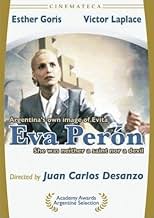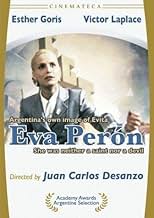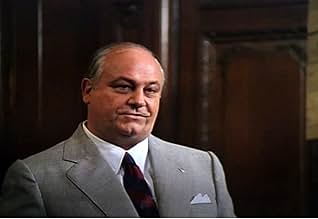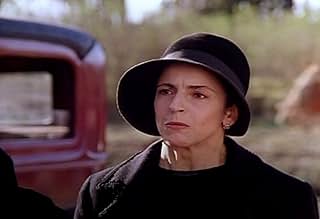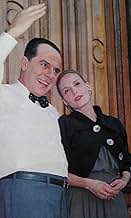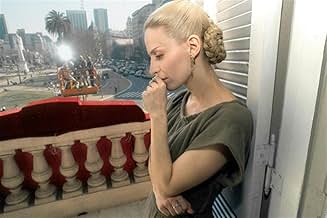Eva Perón is the most emblematic female figure in all of Argentina and among many people who were involved in the Argentine government, Eva proved to be the most dignified and humble. Something that Argentina will never have again. Few films have been made about this famous historical figure and this present film was released a few months before Alan Parker's version. Each director who has made these films has narrated the figure of Eva Perón from her perspective, but without separating herself from how very significant she has been for the Argentine people. This film directed by Juan Carlos Desanzo makes an effort to respect the figure of Eva and although it is a film that has been somewhat forgotten, there is no doubt that it is one of the best films in Argentine cinema. The film focuses a lot on Eva's rise as a possible vice president and how her opportunity to reach beyond the top was interrupted due to cancer. Surely we expected to see Eva's entire life and her beginnings are only summarized in two flashbacks about her father's funeral and her first meeting with Perón. The film gives quite a bit of relevance to the figure of Eva and the way in which she has challenged the norms and prejudices established by the oligarchy. The script gives a very good depth to that and also to Eva as a character. We see in the film that she was a woman who has suffered a lot of stigmatization for being an illegitimate daughter due to the prejudices of the time. That was something that Eva wanted to change and the film makes her objective very clear in order to understand the change she wanted to propose. Esther Goris gives a fairly strong and believable performance as Eva making her dominate the entire film. You can see the firm and defiant character with which Eva challenged the oligarchy and has earned her the affection of many. We see a pretty strong and feisty Eva who is determined to try to achieve the goal of being the leader that Argentina needed. Even when she falls ill, she still continues to fight and resist quite stoically, leading her to become the martyr that she currently is. In that area, Esther offers a performance worthy of an Oscar award and even Víctor Laplace also offers a great performance as a Juan Domingo Perón who is present when Eva needs him. What is true is that the film leaves out a couple of events that could have contributed a lot and Alan Parker's version is the one that has made the effort to try to tell the complete story. This film also deserves a certain appreciation for offering a fairly realistic and human portrait of Eva Perón in her fight to create a better Argentina for those most in need. My final rating for this movie is a 9/10.

